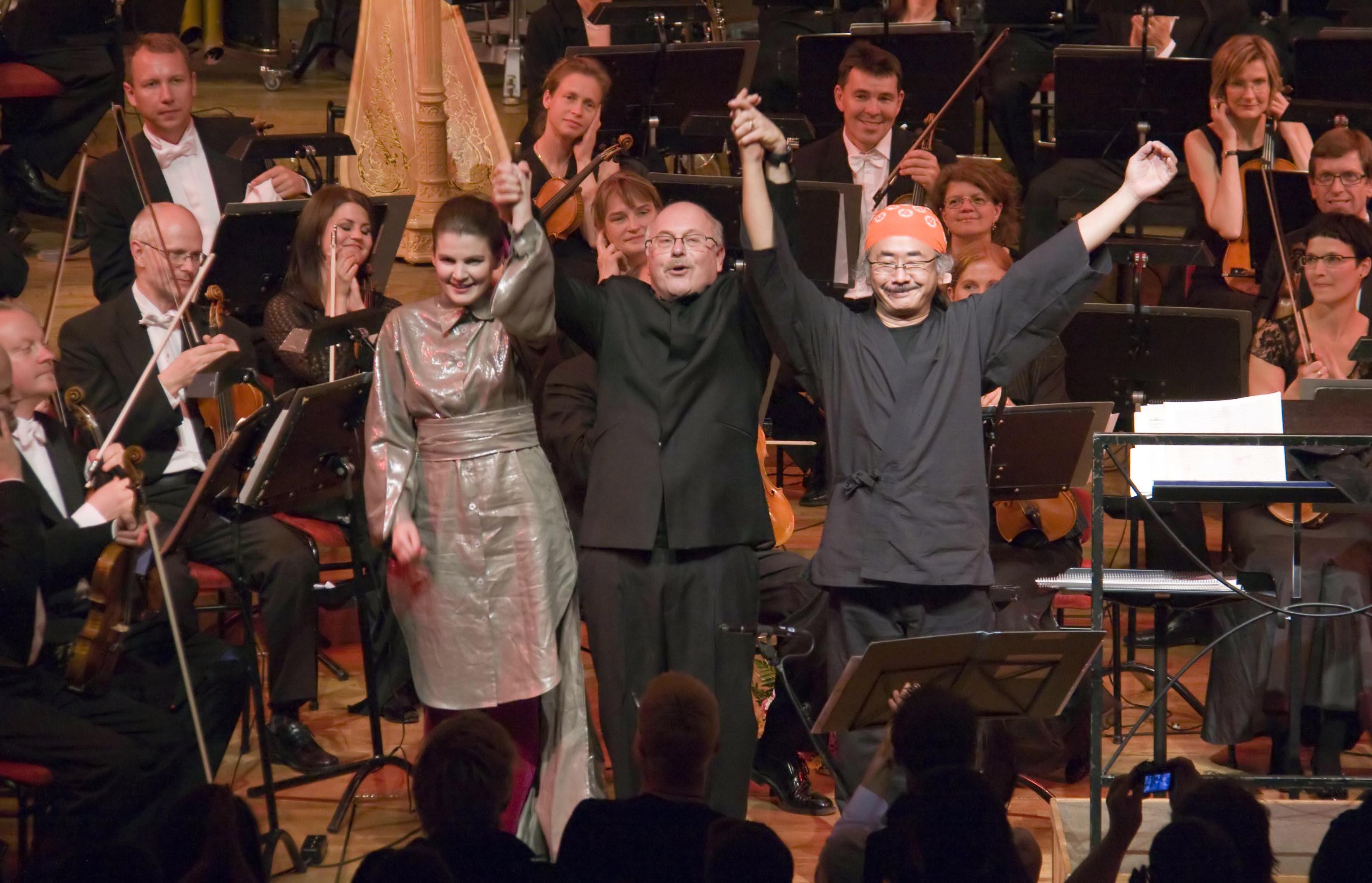
Suzuki is also the creative force behind tracks like “Veiled in Black (Arrangement)”, “The Hydraean’s Wrath”, “RAVUS AETERNA” and “Hellfire”. This one takes a while to grow on you, but there’s enough development here to keep things interesting. “Hunt or be Hunted” on the other hand, with its heavy synths and rhythms, was definitely composed by Yoshitaka Suzuki. Good stuff and reminiscent of “An Earnest Desire of Grey” from Shimomura’s Radiant Historia soundtrack. It segues into a choppy ostinato and a catchy dramatic melody for strings and brass. Right from the crunchy intro, the track grabs your attention and never lets up. The real standouts are the veritable bevy of battle themes, starting with “Stand Your Ground”. They’re sure to provide pleasant background noise during gameplay, but they’re just not particularly captivating and interesting to listen to outside of the game. The problem is the lack of development and a genuine creative spark that would elevate them above being just decent exercises in genre. The problem isn’t that these tracks aren’t nice to listen to. But overall, these tracks tend to reveal all they have to offer around the one minute mark which is usually when the skip button starts looking mighty fine. There are exceptions like the soothing atmospherics of “Hammerhead” and its moodier cousin “Hammerhead – The Last Bastion”.

Then there’s “Lestallum” which invents new and exciting kinds of repetitive, taking a basically catchy motif and repeating it ad nauseam. Pieces like “Safe Haven”, “The Hunters”, “Broken Bonds” and “Cartanica” start off promising, but never really go anywhere, a recurring problem on this album. These genres definitely fit the more grounded world of Final Fantasy XV, but the tracks themselves are screaming for some musical development.

“Broken Down” is the first in a slew of jazzy, rocky, bluesy pieces by Tetsuya Shibata and, to a lesser extent, Mitsuhiro Ohta (“A Quick Pitstop” and “Blues de Chocobo”) and Yoshino Aoki (“Altissia”, etc). Then, out of absolutely nowhere, “Broken Down”, a little track for harmonica, pierces your eardrums and you realize that Shimomura isn’t the only composer here.

“Departure” is forgettable but pleasant accompaniment to the early cutscene where Noctis bids his father farewell and sets off on his journey. Things are off to a decent start with a violin-centered rendition of “Somnus” that, while pretty, makes me wish I was listening to the vocal version instead. In the end, I don’t know if the score’s flaws can be traced back to the game’s design, its troubled production or Shimomura herself, but the final product, while okay, is definitely not the masterpiece I was hoping it would be.

Reports that the game had switched directors and development teams had me worried that this would have drastic consequences for the score as well. As the days turned to years, the music became the sole reason I occasionally kept an eye on the game’s increasingly troubled development. This was going to represent the maturation of Shimomura’s style. I was hungry for more and couldn’t wait until the game was released. That solemn piano intro, Andrea Hopkins’ exquisite vocals and Kaoru Wada’s orchestration swept me off my feet. On that day, fiv- I mean, ten years ago, I heard Yoko Shimomura’s “Somnus” for the first time. Square Enix Music (Japan) Sony Classical (International)


 0 kommentar(er)
0 kommentar(er)
